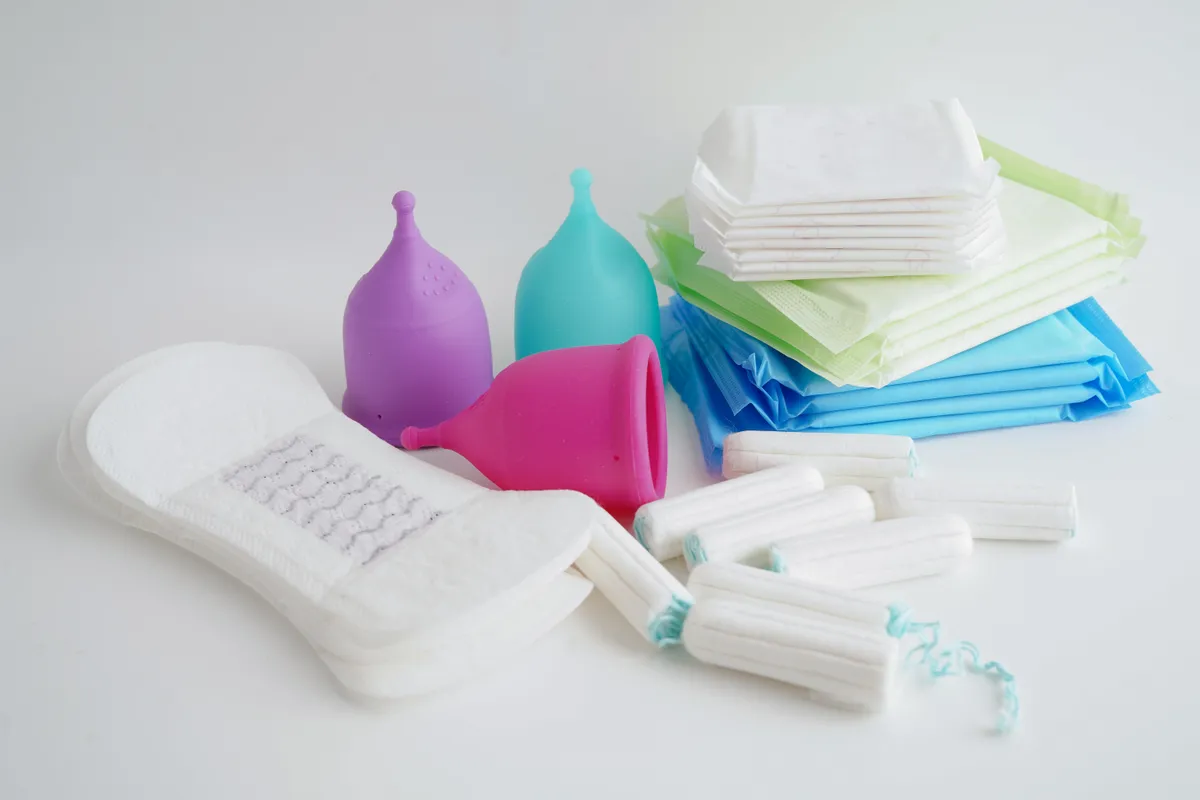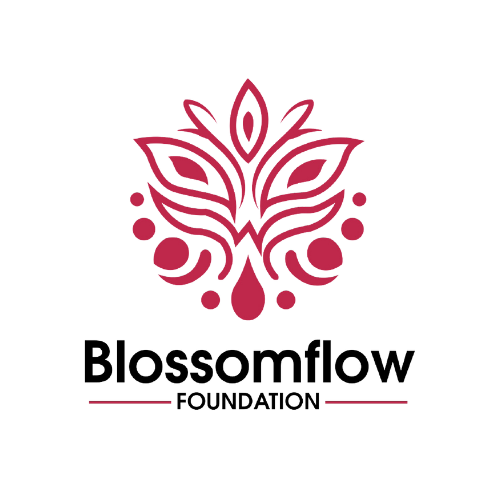
Scented Period Products: Hidden Health Hazards You Should Know
Walk into any supermarket or roadside shop in Nigeria or across Africa, and you’ll notice something: many of the most popular sanitary pad brands on the shelves are scented. They’re marketed with phrases like “fresh scent” or “odor control,” making women and girls believe that their natural menstrual odor is something shameful that needs to be masked.
But here’s the truth: the vagina is self-cleaning, and it doesn’t need perfume. In fact, these products can do more harm than good. From irritation to infections and even long-term health risks, scented menstrual products are linked to issues women should not ignore.
In this blog, we’ll unpack the hidden health hazards of scented period products and share real experiences from women in Nigeria and Africa to show why fragrance-free is the safer choice.
What Are Scented Period Products?
Scented period products are pads, tampons, or pantyliners that come with added fragrance or “odor-neutralizing” chemicals.
Brands use them because:
- They believe women want to mask the smell of blood.
- It’s a marketing strategy to make products “stand out” on crowded shelves.
But behind that “fresh” scent is a cocktail of chemicals that your skin and vagina absorb and this is where the danger begins.
Why Your Vagina Doesn’t Need Perfume
Your vagina is designed to take care of itself. It maintains a healthy balance of good bacteria and has a natural acidic pH that protects you from infection.
When you introduce perfumes, deodorants, or artificial fragrances down there, you disrupt this natural system. Doctors and gynecologists worldwide (including those in Nigeria) strongly advise against using scented menstrual products because they upset the vaginal microbiome.
Health Risks of Using Scented Menstrual Products
-
Masking Creates Worse Odors
Ironically, instead of reducing odor, perfumes often mix with menstrual blood, creating stronger, unnatural smells. Many Nigerian women report that the so-called “fresh scent” actually draws more attention when it mixes with sweat and blood in hot climates.
-
Disruption of pH and Good Bacteria
Fragrances can disrupt the vagina’s natural balance, leading to:
- Bacterial Vaginosis (BV): foul odor, discharge, discomfort.
- Yeast Infections: itching, burning, thick discharge.
In places like Nigeria, where humid weather and limited access to clean water already increase infection risks, adding perfumed products, makes things worse.
-
Allergens and Irritation
The genital area is sensitive. Artificial fragrances can cause:
- Rashes
- Itching
- Swelling
- Painful irritation
Firsthand Example from Lagos:
A 19-year-old student in Lagos shared: “I used a popular scented pad brand because it was cheaper and widely available. Within hours, I started itching badly. By the next day, I had sores that needed hospital treatment. The doctor said it was a reaction to the fragrance chemicals.”
-
Endocrine-Disrupting Chemicals (EDCs)
Products with fragrances often contain hidden toxins like:
- Phthalates
- Synthetic musks
- Volatile organic compounds (VOCs)
These chemicals are linked to hormonal imbalances, infertility, and even cancer risks.
African Context:
In 2019, concerns were raised in Nigeria and South Africa after studies suggested that certain imported sanitary pads contained harmful chemicals above safe limits. Women’s groups protested, demanding stricter regulation of period products.
-
Social Pressures Worsen Exposure
In African cultures, menstruation is often stigmatized. Girls are told periods are “dirty” and must be hidden. This shame fuels the demand for scented pads as girls want to “cover up” any natural odor to avoid embarrassment in school or public.
But this very stigma pushes them toward health-damaging products.
Firsthand Example from Abuja:
A mother shared: “My daughter refused to use unscented pads because her friends teased her, saying she smelled during her period. We later realized the scented ones were giving her constant infections. Now I talk to other mothers about buying fragrance-free products.”
Why Brands Still Offer Them
If perfumed products are so harmful, why do companies keep making them?
- Marketing power: Ads convince women that periods = shame, and scent = freshness.
- Loose regulations: In Africa, menstrual products are not strictly monitored for chemical safety.
- Profit: Pads with fragrance often cost less to produce but sell at higher prices.
Safer Alternatives
You don’t need scented pads or tampons to feel clean. Instead:
- Choose unscented, fragrance-free pads or tampons.
- Opt for organic cotton or chlorine-free brands if possible.
- Try menstrual cups or reusable cloth pads—eco-friendly and chemical-free.
- Change pads every 4–6 hours to prevent odor naturally.
In Nigeria and Africa, local NGOs like Blossomflow Empowerment Foundation are also promoting unscented products as safe, affordable, and eco-friendly.
When to Talk to a Doctor
Seek medical help if you notice:
- Persistent itching, burning, or rashes.
- Abnormal discharge or strong odors.
- Pain or irritation after using menstrual products.
Doctors may recommend treatment and advise switching to fragrance-free options immediately.
Conclusion
Scented period products may look attractive on the shelf, but the risks outweigh the benefits. From irritation and infections to hormonal disruption, these products endanger women’s health—especially in Africa, where hot weather, stigma, and limited healthcare access make the risks even greater.
The truth is simple: your vagina doesn’t need perfume. What it needs is respect, proper care, and safe products.
By choosing fragrance-free menstrual care and spreading awareness, we can protect not just ourselves, but the next generation of African girls who deserve safe, dignified periods.
FAQs
Q1: Do scented pads help with odor?
No. They often make odors worse when mixed with blood.
Q2: Why are scented pads popular in Nigeria?
Because of period stigma and aggressive marketing.
Q3: Can scented pads cause infections?
Yes. They disrupt pH balance and increase risk of yeast infections and BV.
Q4: Are unscented pads completely safe?
They’re safer, but it’s best to choose unscented, chlorine-free, and chemical-free options when available.
All Categories
Recent Posts
Why SDG 4 Cannot Be Achieved Without Ending Period Poverty
Tags
Give them a helping hand
Every donation fuels our mission to combat period poverty. Your generosity brings us closer to menstrual equity.
+234-909-482-1642
inquiries@blossomflow.org




